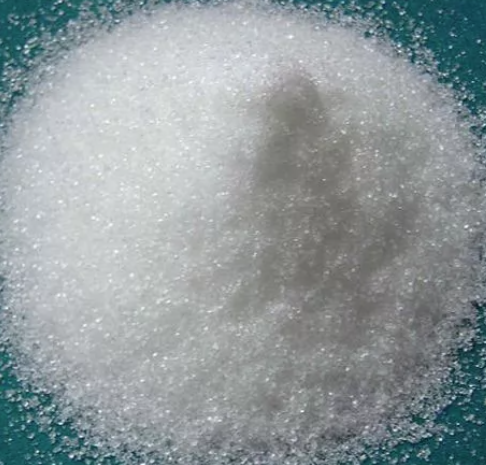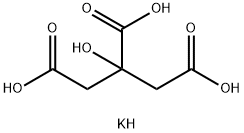Description
Tripotassium citrate (also known as Potassium citrate) is a potassium salt of citric acid. It is a white, hygroscopic crystalline powder. It is odorless with a saline taste. It contains 38.3% potassium by mass. In the monohydrate form, it is highly hygroscopic and deliquescent. Tripotassium citrate treats a kidney stone condition called renal tubular acidosis. It is also indicated for the management of Hypocitraturic calcium oxalate nephrolithiasis.

Chemical Properties
Tripotassium citrate occurs as transparent crystals or a white, granular powder. It is an odorless substance with a cooling, salty taste. It is slightly deliquescent when exposed to moist air, freely soluble in water, and almost insoluble in ethanol (96%). In contrast to other potassium salts, it is less bitter and thus can be used at higher concentration levels.
Tripotassium citrate is a non-toxic, slightly alkaline salt with low reactivity. It is chemically stable if stored at ambient temperatures. In its monohydrate form, it is very hygroscopic and must be protected from exposure to humidity. Care must be taken not to expose tripotassium citrate monohydrate to high pressure during transport and storage, as this may result in caking.
Uses
Tripotassium citrate is used in foods, beverages, and technical applications as a buffering, sequestering, or emulsifying agent. It usually replaces trisodium citrate whenever a low sodium content is desired. In pharmaceuticals, it is used as a potassium source and an active ingredient to treat urinary duct stones. When added to oral care products, tripotassium citrate is the active ingredient to reduce the sensitivity of the teeth.



